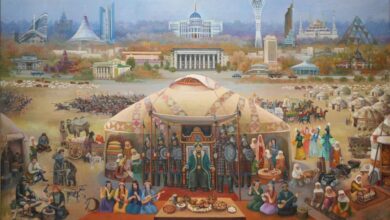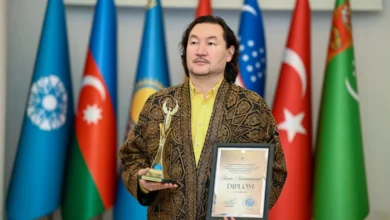The History of the Kazakhs in Zeytinburnu
In this district, you can taste the unique tastes of Kazakh cuisine, explore the square named after Abay Kunanbayev and even meet people who speak Kazakh anywhere.
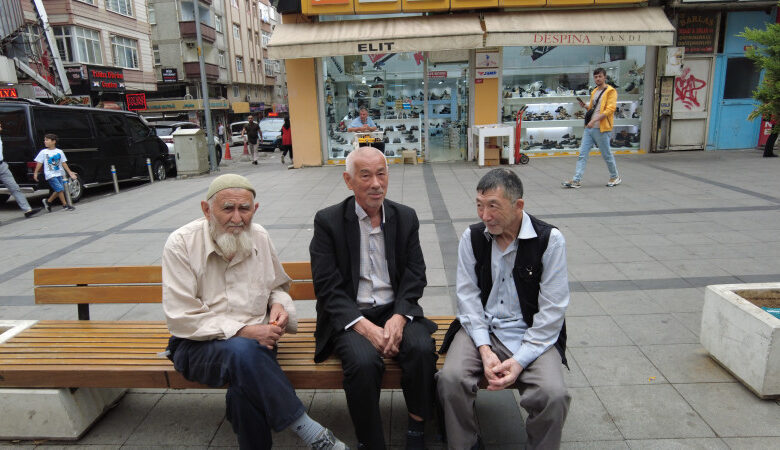
Zeytinburnu – A district in Istanbul city where local ethnic Kazakhs live in. In addition, many of our Kazakhstani people live and work in this city for various reasons.
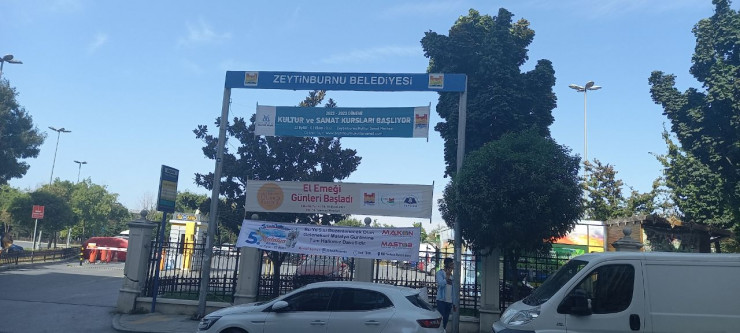
Zeytinburnu looks like a mini city located in the city of Istanbul. Almost everything you need is available here: shopping malls, restaurants, crowded streets, local markets and many stores. When we take a look at the history of the district, which is located on the European side of Istanbul, it is stated that the first settlers here emerged after the Roman Empire.
It is said that the district’s name emerged from the combination of these two names, as the district was once famous for its “olive” trees and its shores to the sea resembled a cape structure.
“I am Abdulgappar and I am 70 years old”
The story of our Kazakh aksakal who we met on a street not far from Zeytinburnu Square, it starts with this very sentence.
My ancestors are from Zhetisay (a city in the Turkestan region). My parents have immigrated to Afghanistan during the famine in Kazakhstan in the 1930s and then to Pakistan.
In 1982, at the invitation of the Turkish government of the time, we took refuge in Türkiye from Pakistan. I was 30 years old then. I came here with my wife and children but my parents have lost their lives before that.
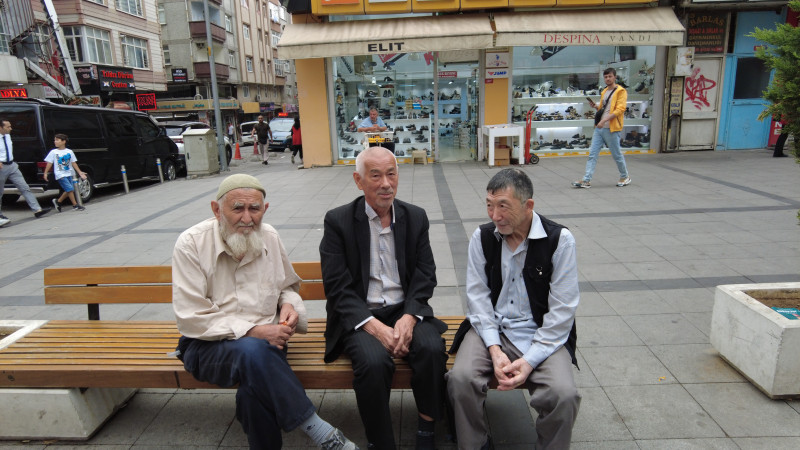
Now, we have a life in both countries
I know Kazakh, Afghan and Persian languages. I have been living here in Zeytinburnu since we first came to Türkiye. In 2000 my sons moved to Almaty Kazakhstan. I travel to Kazakhstan every year to visit them.
I spend half of the year in Kazakhstan and the remaining half in Türkiye. I was in Kazakhstan just three months ago. I also have daughters here and they live in Zeytinburnu with their families. That’s why now I have a life in both countries.
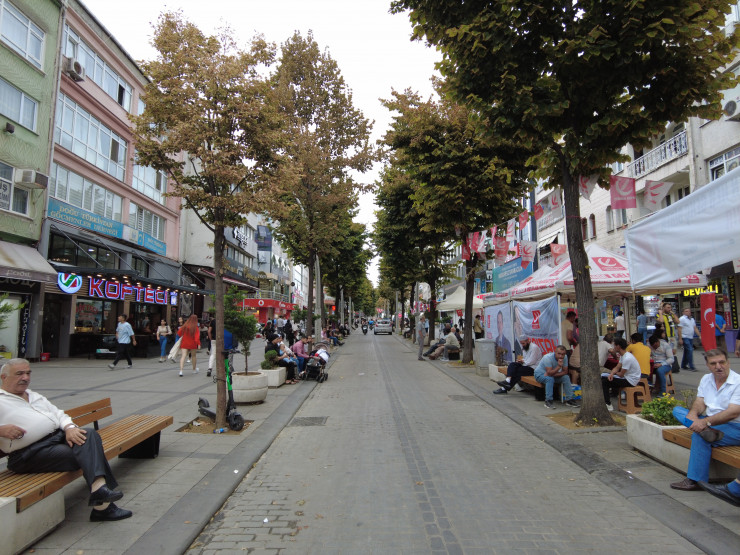
I was in the trade of leather jackets and sheepskin coats before but I am currently retired
Pensions are varying according to the place and time you worked in Turkey. There are areas ranging from 5 thousand TL (129 thousand tenge) to 10 thousand TL (approximately 258 thousand tenge). For example, I am retired from the Bagkur pesion system and therefore I receive less pension than the state pensioners.”
Abdulgappar Ata also told us that there is a Kazakh community in Zeytinburnu that you can contact whenever you want. When Kazakhs here have requests and demands of the community, they contact the aksakals or related people in this place. “For example, if you are having problems with documents, you can get help and support from the Kazakh Turks Foundation” Ata said.
Everything in this place reminds of Kazakhstan
And we meet our next heroes in a Kazakh restaurant. Yes, there is a Kazakh restaurant in the heart of Istanbul!
Shanyrak restaurant is the mutual place for those who want to have a taste of Kazakh cuisine.
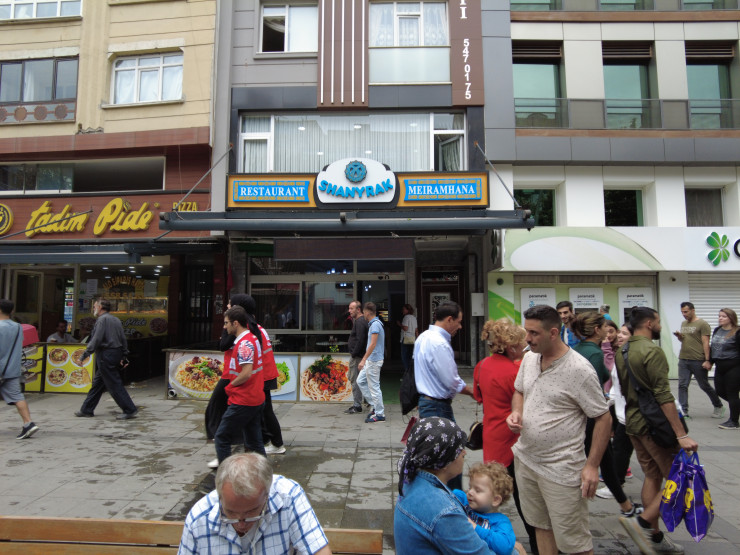
Various posters are decorated inside the restaurant and each one has a different memory.
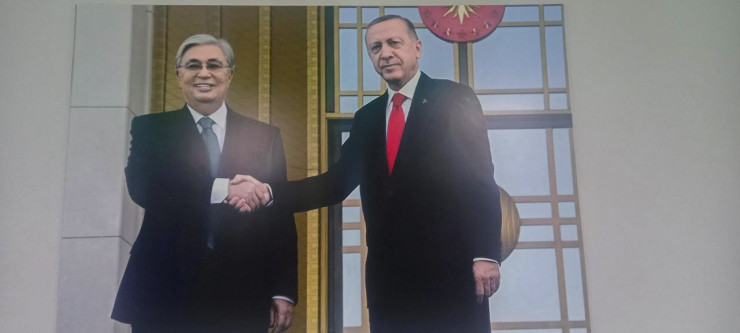
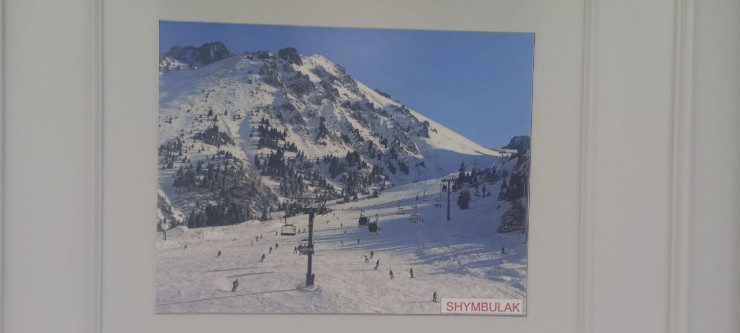
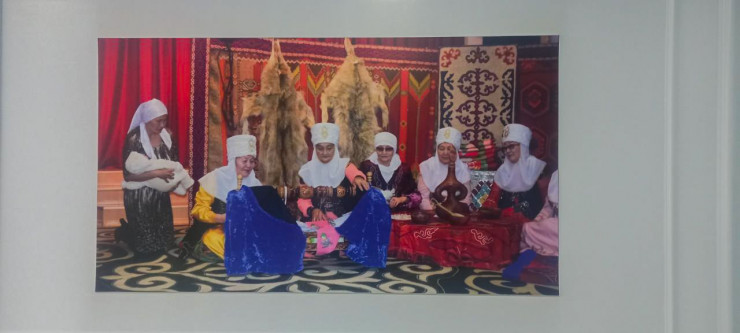
Mr. Tellahaddin starts his speech by saying that his ancestors immigrated from China,
My ancestors left Barkol (a city in the Altai region of China) after the Kazakh hero Ospan Batyr opposed the Chinese Communist regime of the that time. Afterwards, they had to immigrate to India with their family, friends and relatives. In this difficult migration, they crossed the Himalayan mountains and reached Pakistan.
In the 1950s, with the decree of the then President of Türkiye regarding the immigration and settlement of Kazakhs in Turkey, they came to Istanbul with their family members and settled here in the Zeytinburnu district. Kazakhs and Turks are tow brotherly peoples. Me and the Kazakhs here were born and raised in Türkiye.
In 1968, many people from Türkiye, including Kazakhs, went to work in Europe and stayed there. Now many of our relatives live in Europe (especially in Germany), they come to visit Türkiye in the summer. By the way, we gave my grandchildren the Kazakh names Arman and Erkin.”
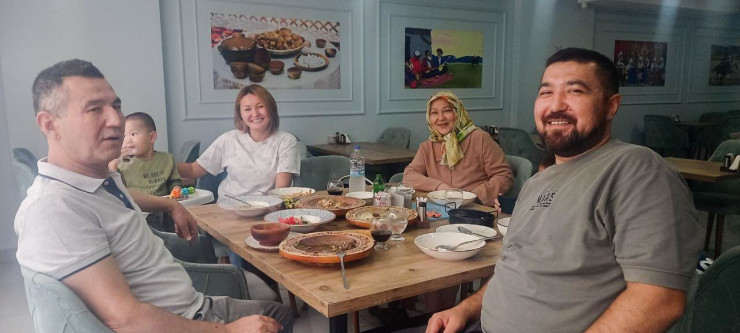
Tellahaddin and his son Tunahan work for a construction company that builds high-rise residences.
We continue our interview with Mrs. Roza, the bride of Tellahaddin’s brain, she is a Mongolian Kazakh.
With the decree of the President of Kazakhstan, Kazakh youths abroad had the opportunity to receive education in Kazakhstan’s universities. So I decided to go to Almaty to study and while I was moving to Almaty from Mongolia at the same time my husband-to-be was coming from Türkiye to Almaty as well.
We were at same class with foreign students who are taking lessons together. We’ve met there and fall in love. Then we decided to start a family together. Our wedding was in Kazakhstan, my wife’s family came to our wedding.
In 2008, during the crisis, we moved to Turkiye and since then we have been living in the Kucukcekmece district of Istanbul.
Roza has bachelor degree in international relations and currently works as a coordinator at Istinye University Hospital. She is in charge of dealing with the organization of those who came to Türkiye from Mongolia for the medical treatment. She is checking their hotel settlements, making appointments with doctors and dealing with other processes during the treament. She is also an ethnic Kazakh from Mongolia and speaks in Mongolian.
In the next Interview, we will listen to the stories of those coming from Kazakhstan.
Thanks to Anastasia Solntseva and Janara Manapbek for this interesting interview
